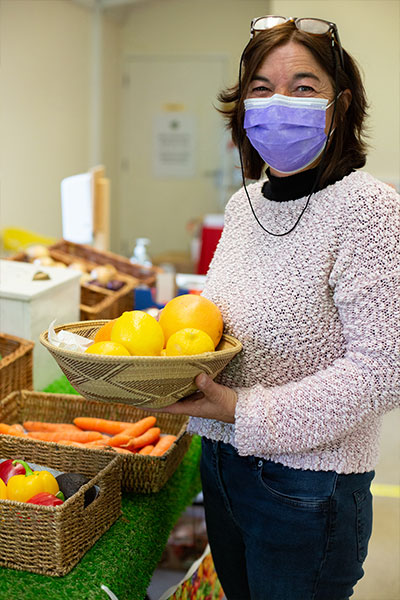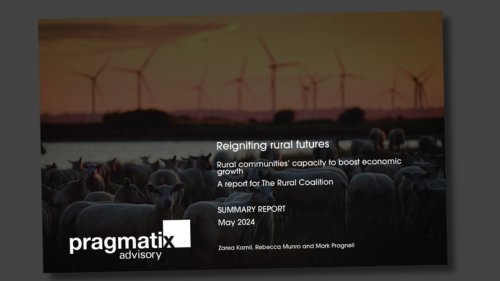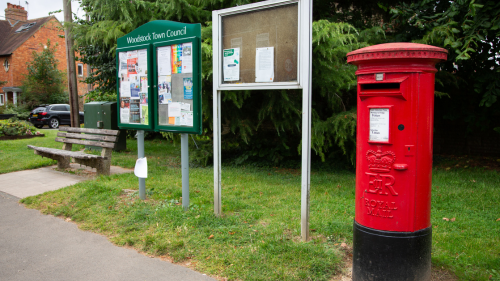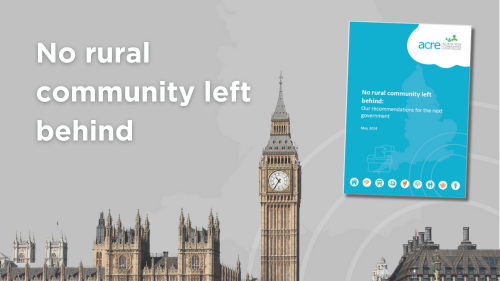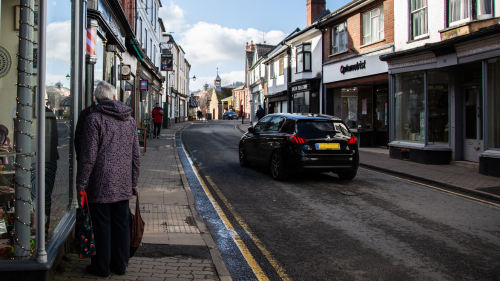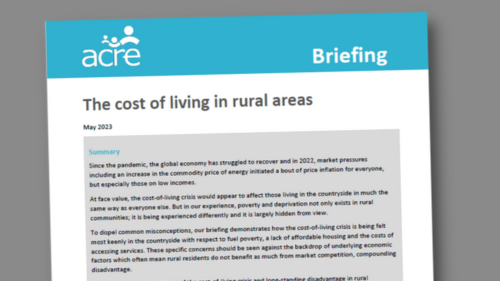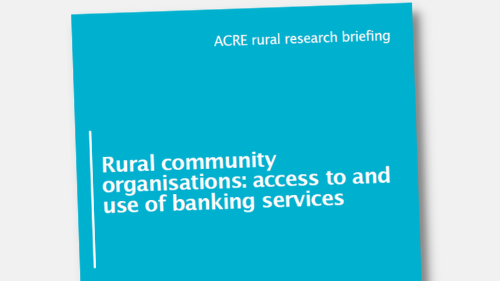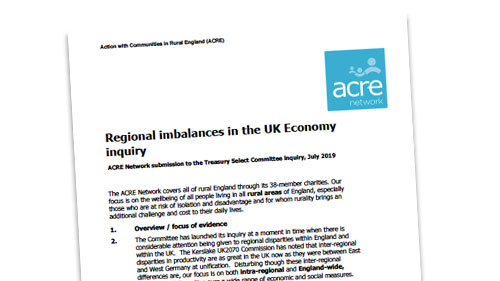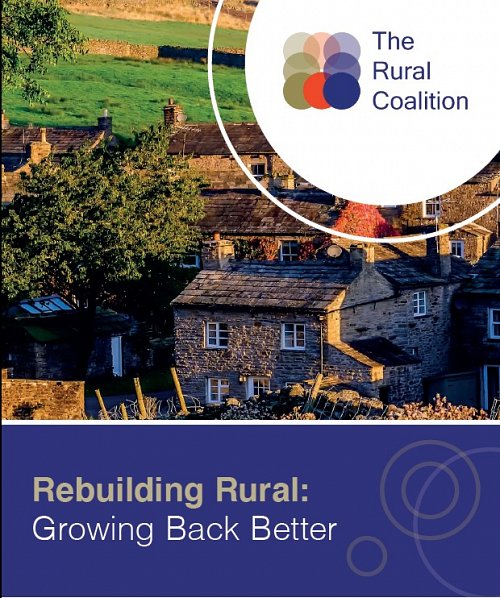An economy that works for all
People living in rural areas should have access to a wide range of jobs that allow them to reach their potential. Diversifying the economy, harnessing the possibilities of digital connectivity and supporting the creation of local enterprises can create better employment opportunities.
The rural economy in England has been traditionally reliant on farming and the visitor economy. Agriculture, forestry and fishing was the most common type of business in rural areas in 2020/21 whilst tourism related employment accounted for 14% of jobs.
This dependency however has its downsides. It can limit the jobs people are able to do locally and make communities vulnerable to market forces, especially in areas where economic activity is focused on a limited number of activities. It may also account for the fact that in 2022, average earnings in rural areas were £25,600 compared to £27,200 in urban areas (excluding London).
There are however plenty of opportunities for rural communities to diversify and strengthen local economies and the jobs they provide.
Members of the ACRE Network work within and without communities to help create better economic opportunities for rural communities.
At a strategic level, our members work with local government and other stakeholders to influence decisions that influence the local economy, for example the provision of broadband to remote areas. They have also previously delivered EU LEADER schemes which provided support and grant funding to help people set up innovative and diverse enterprises benefiting their rural community.
Many ACRE members offer more hands-on support to rural communities too. This can be in the form of skills-based training such as the Building Bridges programme operated by Community First, Wiltshire & Swindon, or helping young people get to work on loaned scooters as part of the Wheels to Work scheme in Derbyshire.
The ACRE Network also works closely with Plunkett UK to inspire and support communities to set up community businesses which are often the only way that local communities can save valued services and jobs.
We are working to make sure policy makers don’t overlook rural areas in their efforts to revitalise the economy. Similarly, it’s important support doesn’t just focus on agriculture and tourism.
National policy stands to make a big difference to rural businesses and the availability of good jobs. By setting targets for socio economic development, providing financial stimulus to support start-ups and business development, ensuring there are homes workers can afford, and investing in infrastructure such as broadband – government can create conditions for growing and diversifying the rural economy.
View our specific policy recommendations for the next government here.
